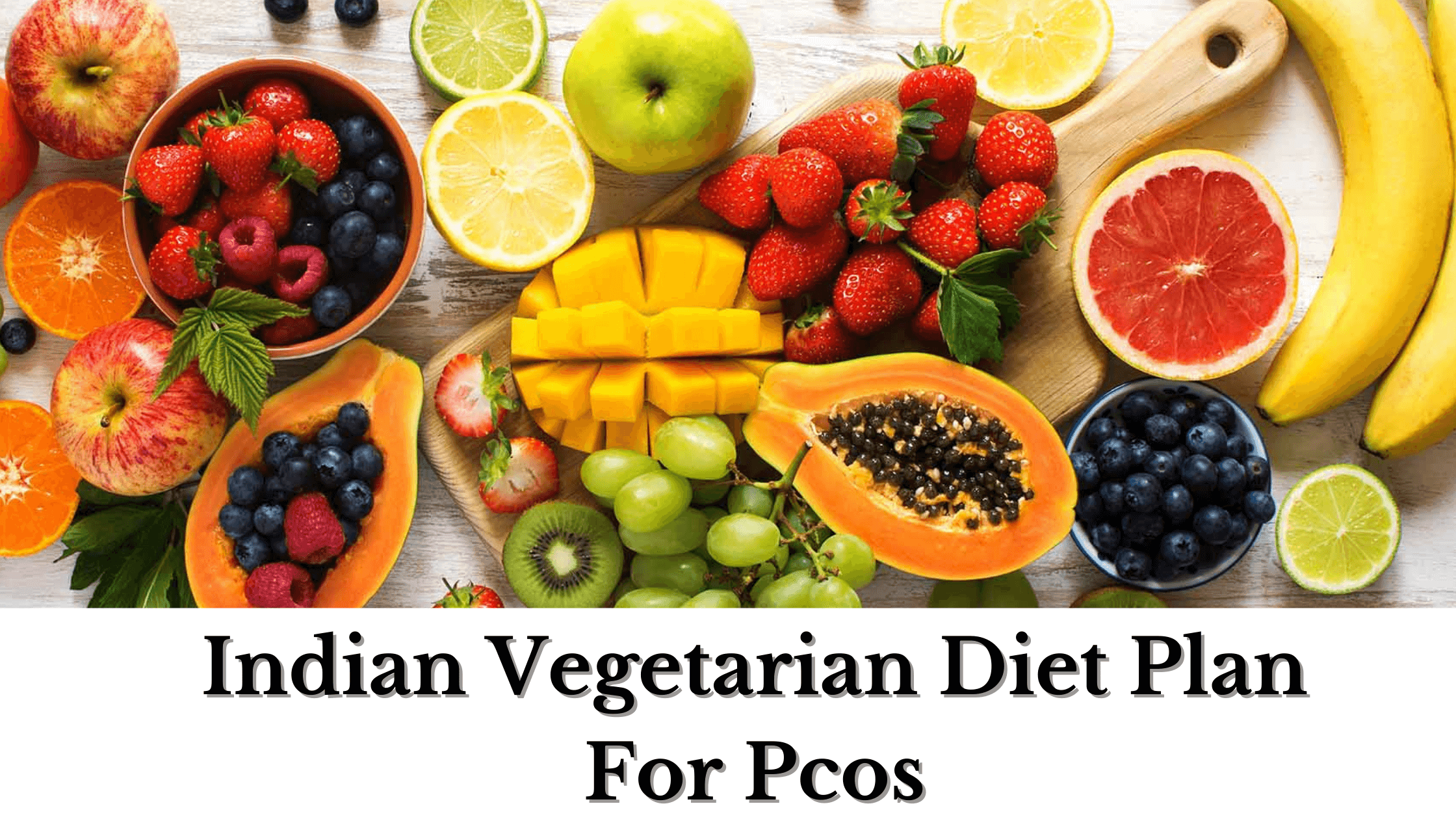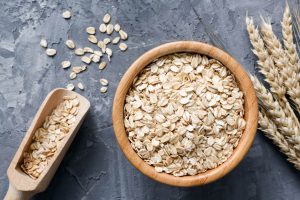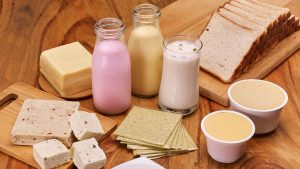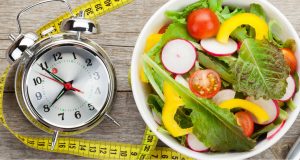
Polycystic ovarian syndrome is a condition in which there is an imbalance of hormones in women of reproductive age.
The hormonal imbalance is caused due to cysts formation inside the ovaries. It happens when your LH hormone (luteinizing hormone) or insulin level is too high that causes an extra amount of testosterones. The lack of ovulation causes an imbalance of hormones like estrogen, progesterone, FSH (Follicle-stimulating hormone ), & LH ( luteinizing hormone ).
Women suffering from PCOS have irregular periods, oily skin, acne, excessive hair loss, dark patches, dry skin, and metabolic syndrome like blood pressure, high cholesterol, high sugar and gut problems like bloating, gas, and acidity.
Lifestyle management and proper nutrition are two major significant to maintain the hormonal balance and manage PCOS. A well-balanced diet with major macro & micronutrient balance like proteins, carbohydrates, healthy fats, vitamins & minerals with proper lifestyle management can help in providing proper nutrients and controlled insulin in the bloodstream decreasing androgen production.
Following are the Indian vegetarian diet plan recommendations for women suffering from PCOS. It is necessary that you include all food groups in the vegetarian diet so as to get a proper optimum level of nutrition to balance the lifestyle choices in a healthy way. It is necessary to get some sources from each food group that is related to manage PCOS which can help you to balance your problem and other factors.

Eating cereals like oats, ragi, whole wheat, jowar, bajra, and other complex carbs from the cereal food group.
Eating pulses like green moong, masoor, channa dal, yellow moong, beans, etc helps to suffice the protein intake in vegetarians.
Consuming fruits like apple, papaya, watermelon, plums, berries, oranges are high in fiber & antioxidant-rich that fights up infections and promotes better insulin sensitivity.
Have dark green leafy vegetables that are seasonal to boost iron, calcium & potassium stores in the body to keep the menstrual cycle on track.

Consume dairy products add to the probiotic, calcium & protein supplies to the body however, in PCOS, dairy-free is much well tolerated by the body and brings the hormones to a better balance. Sources like soy, nut butters, almond milk, oat milk, etc can be consumed.
Having a small number of nuts and seeds is necessary as they contain healthy fats so consuming almonds, walnuts, flax seeds, pumpkin seeds, black raisins, etc can boost metabolism and take care of micro vitamins and mineral requirements.

It is important to follow the food timings and the meal frequency to keep the circadian rhythm in sync. It is very important to connect with your inner biological clock.
I’d love to learn more about you and how we can work together to get our healthy meals on the table.